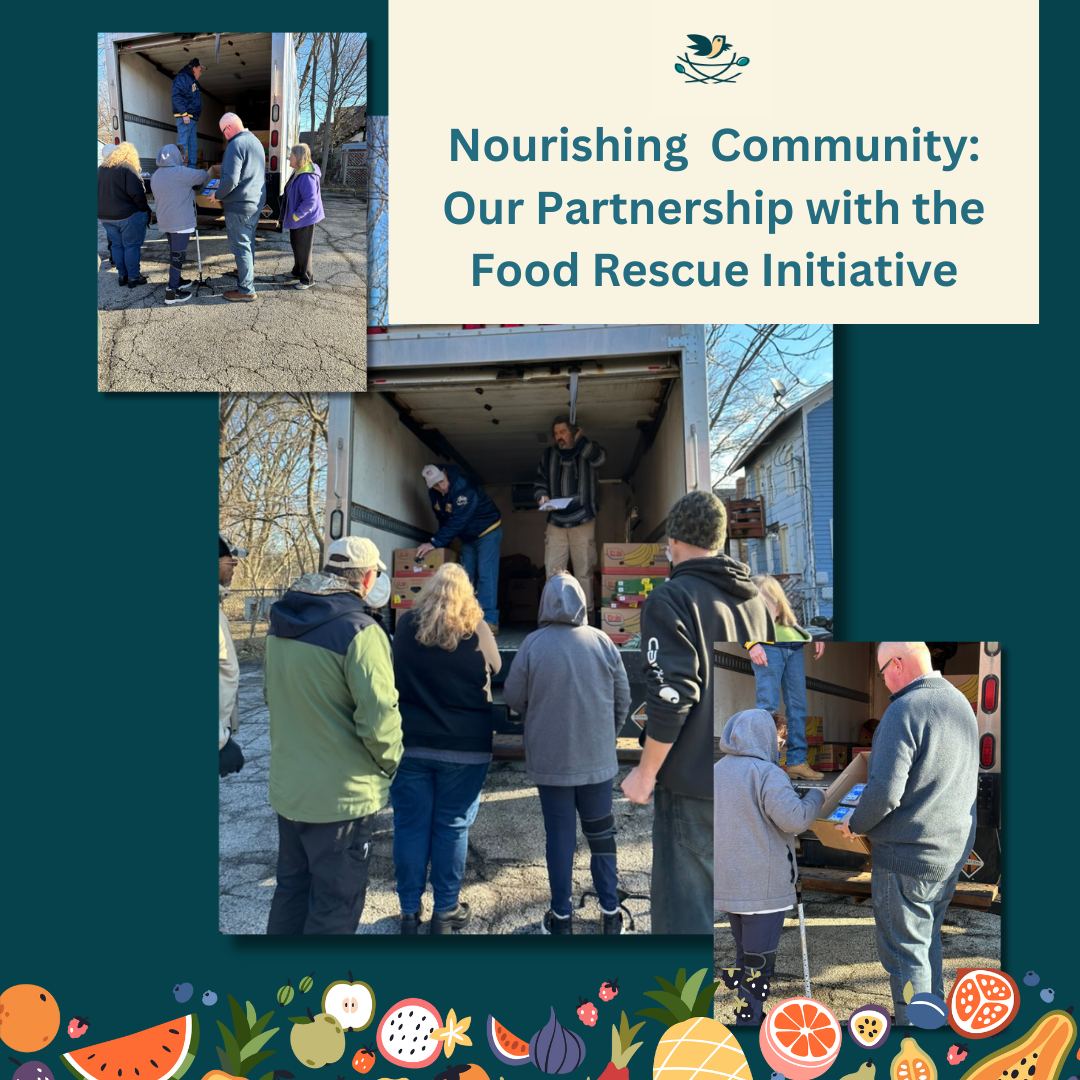
It seems that anywhere you look right now, mental health issues are at the center of conversation in many communities. What complicates clear dialogue about mental health is the long-held and completely misplaced stigma surrounding mental illness persists, often intertwining with other prejudices like those associated with poverty and homelessness. These common misconceptions surround individuals grappling with mental health challenges while facing economic hardships and homelessness and can make the situation feel hopeless to solve. It is crucial to debunk these myths, strive to understand the complex web of factors contributing to these situations, and advocate for empathy, support, and access to mental health care for our unhoused population.
One prevailing misconception is the unfair portrayal of those experiencing homelessness with active mental, that there is an active choice in the matter. It is a common and toxic misconception that unhoused individuals experiencing mental illnesses are simply choosing this lifestyle. The truth, however, can be far more complex. Mental health struggles can significantly impact one’s ability to maintain stability, hold down a job, or secure a permanent residence. The compounding factors of poverty and homelessness exacerbate these challenges, creating a cycle that is difficult to break and traps those with mental illness in an endless loop of danger, vulnerability, and illness.
Consider the scenario of an individual battling both homelessness and active mental illness. The lack of a stable living environment creates many roadblocks to adhering to treatment plans or attending regular therapy sessions. The daily struggle for survival takes precedence over mental health care, perpetuating a vicious cycle that is often misunderstood by society. It is essential to recognize that these individuals are not actively making a choice to remain unhoused; they are battling an internal war while facing external obstacles that many cannot comprehend.
The intersection of domestic violence, mental illness, and homelessness occurs quite commonly, creating an even more complex scenario in which to support those experiencing mental illness and homelessness. In some cases, people must flee abusive situations without warning, severing ties with their support networks. The trauma experienced in these situations can contribute to or exacerbate mental health issues. Unfortunately, society’s judgmental lens often fails to acknowledge the courage it takes for survivors to escape such environments and seek a better life, especially when compounded by mental health struggles.
The statistics paint a grim picture of the challenges faced by individuals experiencing homelessness and mental illness. According to the Substance Abuse and Mental Health Services Administration (SAMHSA), a staggering 60% of the homeless lack health insurance, presenting a significant barrier to accessing mental health care. Without insurance coverage, individuals are left to navigate a complex and often fragmented healthcare system, hindering their ability to receive the support they desperately need.
The lack of a permanent address further compounds the issue, as many mental health services require a fixed location for follow-up appointments. The transient nature of homelessness makes consistent care nearly impossible, perpetuating a cycle of unmet mental health needs. Nest works to support access to mental health programs for our guests through community partners.
Addressing the stigma surrounding mental illness, poverty, and homelessness requires a collective effort. It necessitates dismantling preconceived notions and fostering an understanding of the intricate challenges faced by individuals caught in the intersection of these stigmas. Advocacy for policy changes, increased funding for mental health services, and destigmatizing conversations about mental health are crucial steps in breaking the chains that bind these marginalized individuals.
Empathy and compassion guide our interactions at Nest with those facing mental health challenges and homelessness. By acknowledging the complexities of these issues and working with dedicated community partners, we can contribute to a more compassionate and inclusive society—one where everyone has the opportunity to achieve stability, regardless of the challenges they face. It is only through understanding, empathy, and collective action that we can dismantle the layers of stigma that perpetuate the cycle of mental illness and homelessness.



